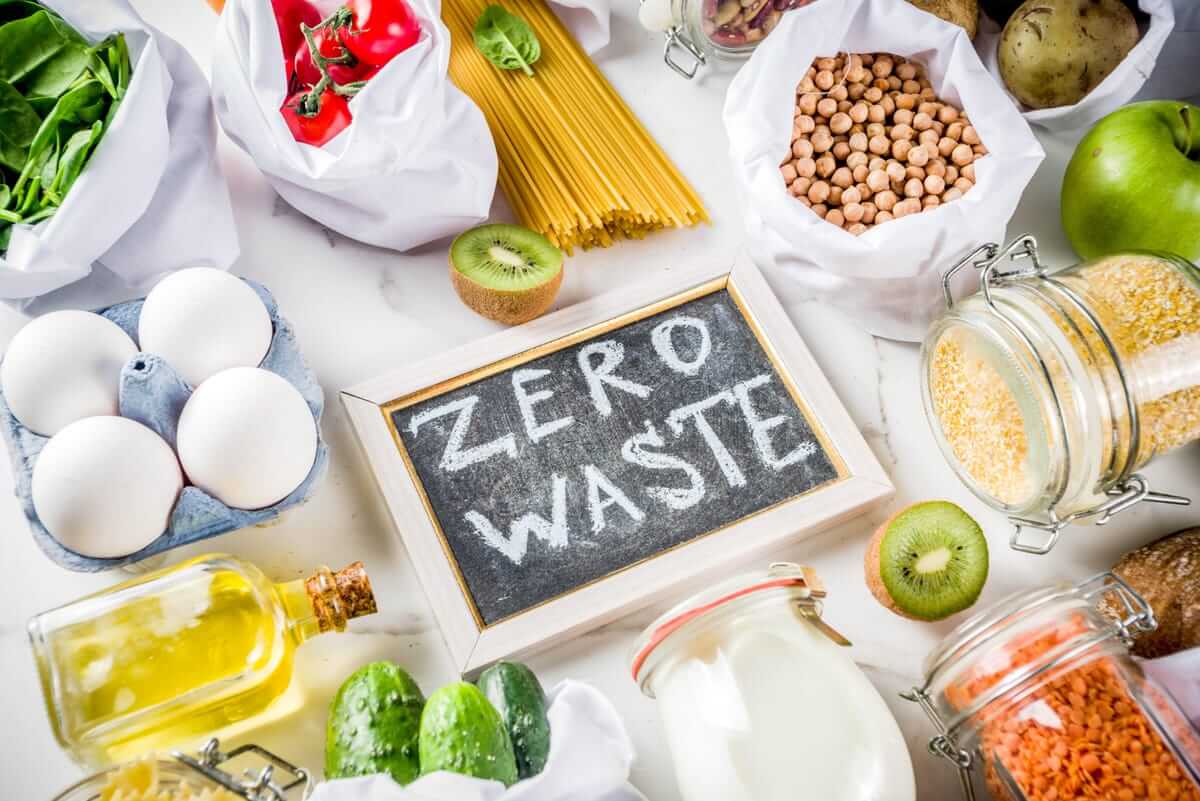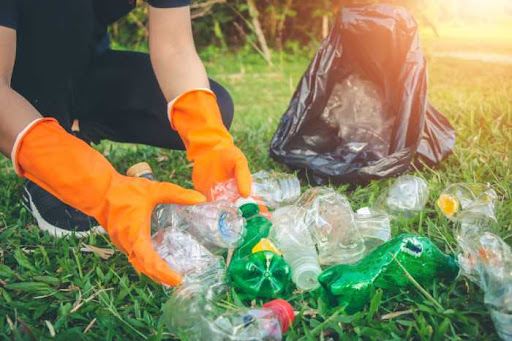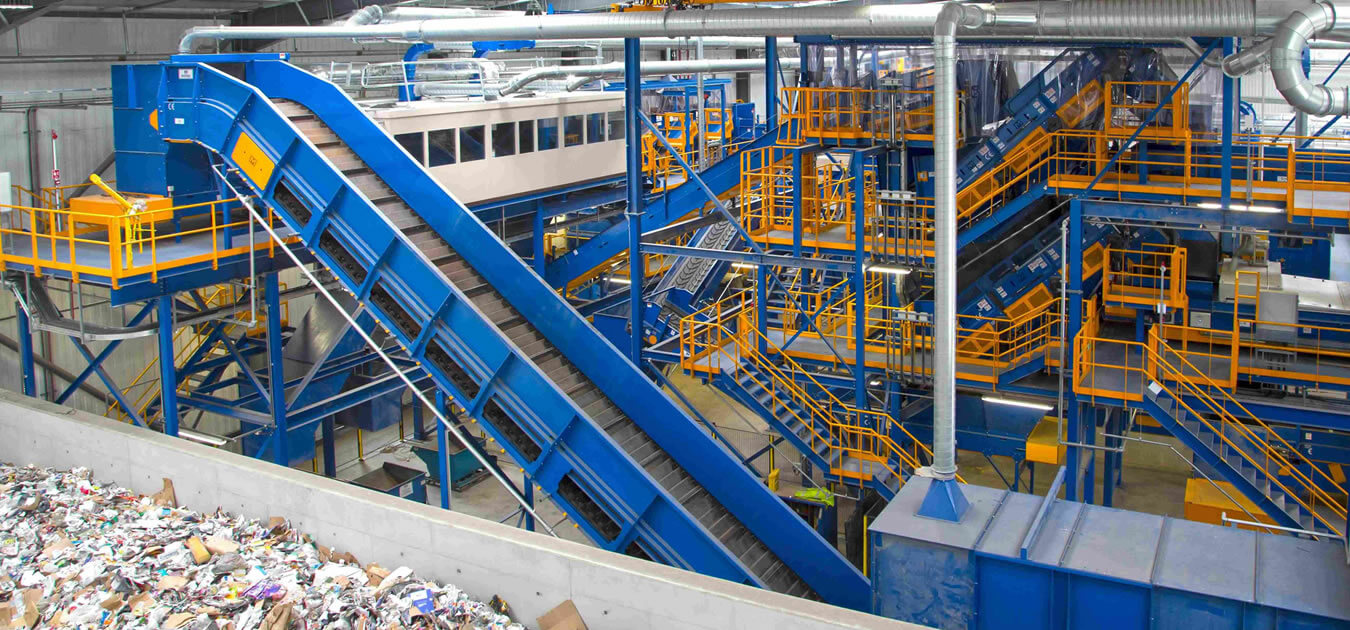This not only has an environmental impact but also affects our wallets as we spend money on food that is never consumed.
Here are some simple steps we can take to reduce food waste and save money:
1. Buy only what you need:
One of the simplest ways to reduce food waste is to buy only what we need and not what we want. Not only does this help us stick to our budgets, it also stops us from overflowing our cupboards and fridges with unused food items.
When we buy food items such as cereal, pasta, flour and rice in bulk, we often find ourselves throwing out older products which have gone stale or those that have been sitting in the back of the pantry for too long.
Buying these types of products as needed instead of purchasing several months’ worth at a time can significantly reduce food waste as well as save money.
2. Plan meals ahead:
Another way we can cut down on food waste is by planning our meals ahead. Meaning, we only buy the ingredients we need to make those dishes, as opposed to purchasing a whole bunch of produce and fresh products that may go bad before we get around to using them.
Shopping with a list will help us stay on task when buying food items, reduce food waste and save money. Planning our meals ahead of time also saves time since it eliminates the need for last-minute trips to the grocery store where more food is often accidentally purchased than intended.
3. Store food properly:
Food waste can be significantly reduced by storing certain foods correctly so they are not spoiled or damaged before reaching their expiration date. Different types of produce have different storage requirements so it’s always good to read up on how long specific food items should be stored and where.
For example, tomatoes and avocados need to be stored in a cool dark place since exposure to light and warmth will cause faster spoiling (Source: Raley’s Supermarkets). On the other hand, bananas can be stored on the counter or in a fruit bowl since they will ripen at room temperature.
4. Use food scraps:
Before throwing away any of those unused bits of produce such as broccoli stalks, carrots or celery ends, use them for juicing instead! These leftover parts of fruits and vegetables that would otherwise end up in the trash are perfect ingredients for homemade juices which are much tastier than store-bought varieties full of artificial flavors and chemicals. Just toss everything into a high-speed blender and enjoy.
There are several ways to go about this depending on where we live but one way or another all it takes is a little research so we can take action and help reduce food waste today.








